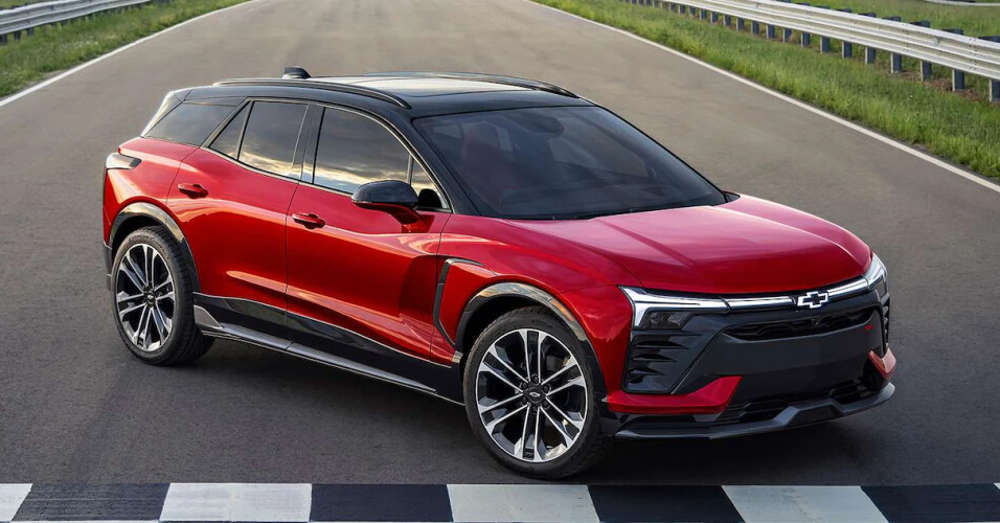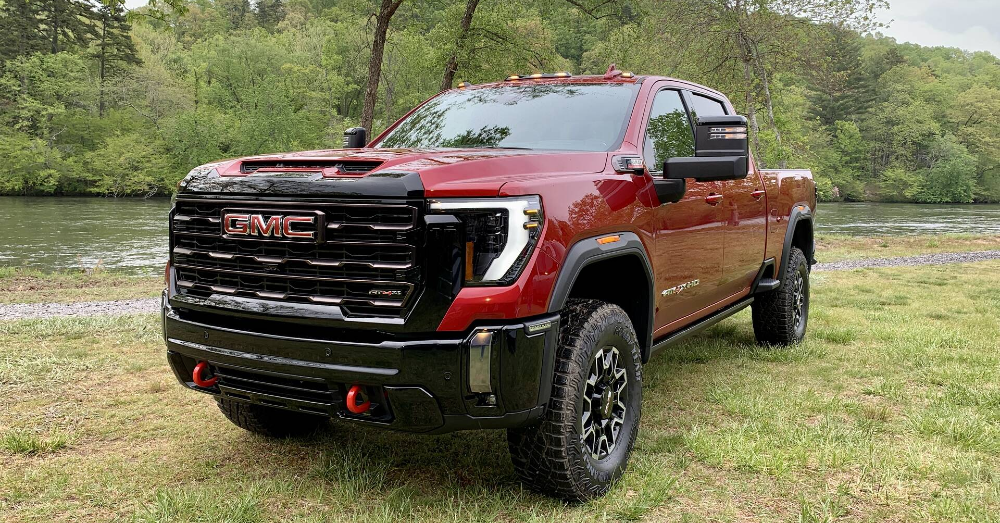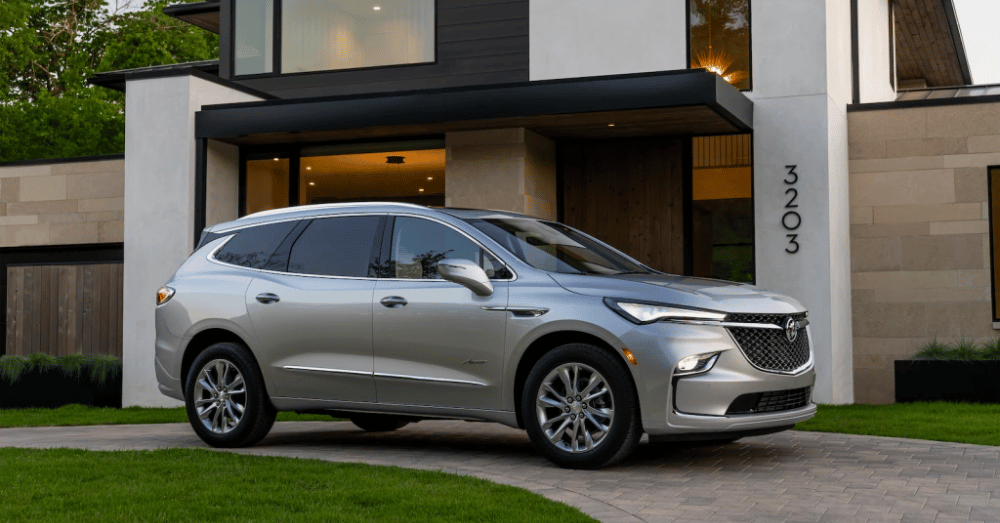
Unfolding Investigation: GM’s Rapid Response to Potential Safety Concerns
A recent crop of GM vehicles is under a stop delivery while being investigated. While we don’t know much about what’s caused this order, it could be a warning.
Typically, we hear about safety recalls impacting vehicles after they’ve been sold, not while sitting on dealer lots. Some dealers might think that sales are slow and moving certain nameplates difficult, but a collection of GMC and Chevy SUVs built at two plants in Mexico will sit on dealership lots until further notice.
GM has issued a stop delivery to dealerships with specified VIN numbers to identify models that cannot be sold to consumers. These SUVs aren’t safe to drive, but we haven’t been told why that is just yet.
Immediate action taken by GM
The stop delivery order was given on December 1, impacting several new 2024 models of the Chevy Equinox, Blazer, Blazer EV, and GMC Terrain. These vehicles are to sit on the lot and await further notice of what dealerships are to do with them. Each VIN is already identified in a national database as not for sale or trade, making it impossible for dealers to unload them to other locations and refill the inventory with fresh vehicles. The bulletin announcing the order hints at several potential safety issues with the vehicles in question.
Are these vehicles still being investigated?
Unlike regular safety recalls issued by the NHTSA, this collection of GM SUVs is currently under investigation without knowledge of when they will be released for sale or repair. The GM stop delivery is labeled under “Global Safety Field Investigations,” which tells us there’s still an ongoing investigation into the required fixes for these vehicles. To make sure things are relatively complete, the Global Warranty Management system has a message reading “Incomplete Remedy Not Available” which tells dealerships they can’t sell these vehicles to the public and that they have to sit on the lot for now.
Where are all of the impacted GM vehicles?
Although this stop delivery serves as a warning to dealers and disallows sales of impacted models, not all vehicles are located on dealership lots. Some are still in transition to various Chevy and GMC dealers, and some may have already been sold to customers. Dealerships must identify those that have been sold and notify owners immediately to ensure these vehicles are parked, awaiting new information regarding what’s wrong with them and how it must be fixed to make them useful once again.
The notice to dealers contains a list of all dealers that have the impacted vehicles in stock or have them in transit from the factories to the dealership location. With the VIN identified, GM is easily able to identify the dealers with these problematic Chevy and GMC SUVs.
What can dealers do with impacted vehicles?
All of the vehicles impacted by this most recent GM stop delivery must be parked and tagged as not for sale during this waiting period. These SUVs cannot be used for demonstrations, traded to other dealers, or sold. Unfortunately, the notice has no timeframe for further information, which makes it even more difficult for dealers to create a plan for these SUVs.
The Chevy models impacted are built at the GM Ramos Arizpe plant, while the GMC Terrain models impacted by this stop delivery are built at the GM San Luis Potosi plant. These facilities are both located in Mexico.
What should consumers do if interested in these GM nameplates?
The four GM models impacted by this order don’t encompass all the models available at every dealership, only a specific collection of VINs. Because the stop delivery order only affects certain VINs, consumers should ask dealers about the models on their lot if they are interested in them. There could be several other choices from Chevy or GMC dealers regarding the Equinox, Blazer, Blazer EV, and GMC Terrain.
Overall, this action should serve as a relatively proactive approach to safety. Often, we don’t learn of issues with vehicles until after they’ve been sold, and crashes or safety problems arise that cause the NHTSA to issue safety warnings.
The best thing for most consumers to do is to pay attention to any future news about these vehicles. Current owners should ask dealers about loaner vehicles, which might be readily available to them during this waiting period. This investigation could lead to little or nothing wrong with the vehicles in question or an easy repair, but we won’t know the results until the NHTSA concludes its investigation and GM lifts the stop delivery order.
This post may contain affiliate links. Meaning a commission is given should you decide to make a purchase through these links, at no cost to you. All products shown are researched and tested to give an accurate review for you.



